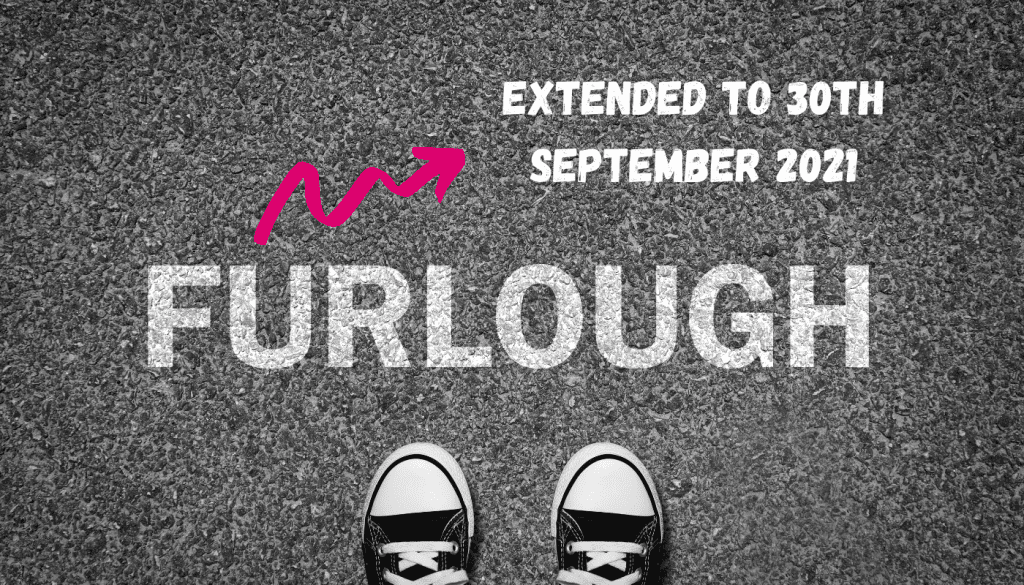
The current version of the furlough scheme that started on 1 November 2020 was scheduled to end on 30 April…

The current version of the furlough scheme that started on 1 November 2020 was scheduled to end on 30 April…
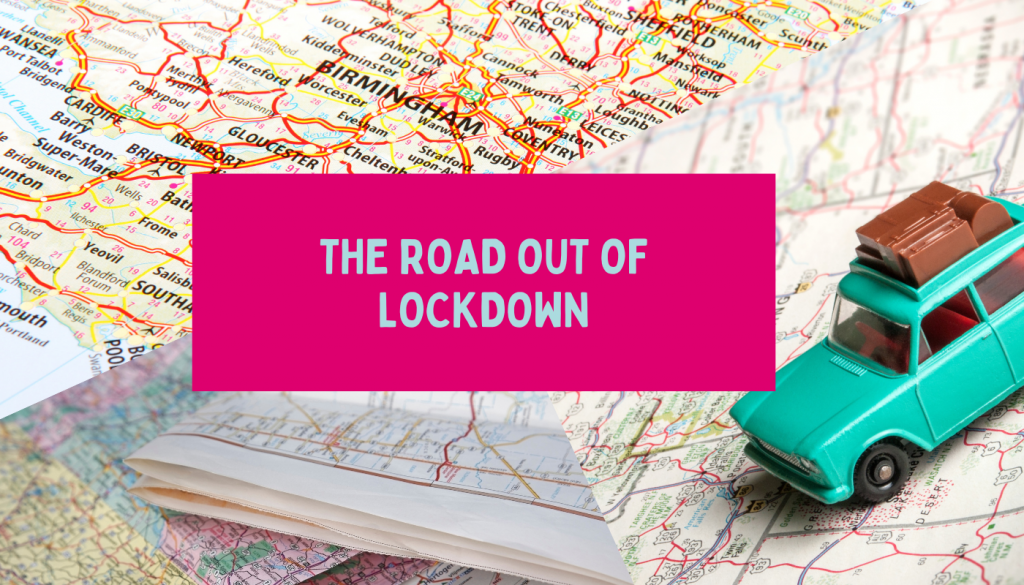
Yesterday the English government formally announced it’s 4 steps out of lockdown and all social distancing restrictions. The welsh and…
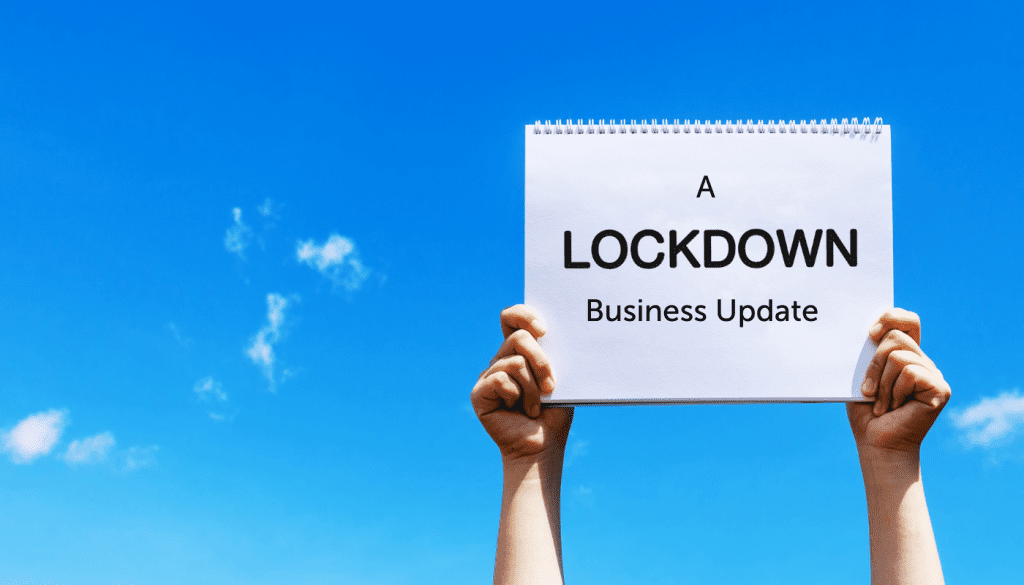
Lockdown 3.0 has felt like an eternity. However, there is a light at the end of the tunnel with the…
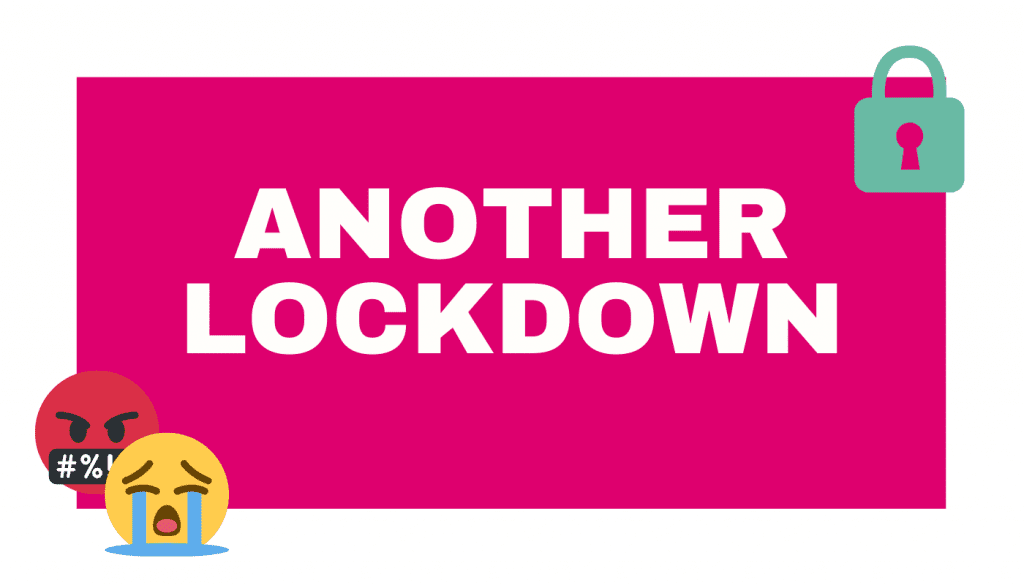
Yesterday the Scottish and English governments announced national lockdowns with schools being closed. The net result being all of England…
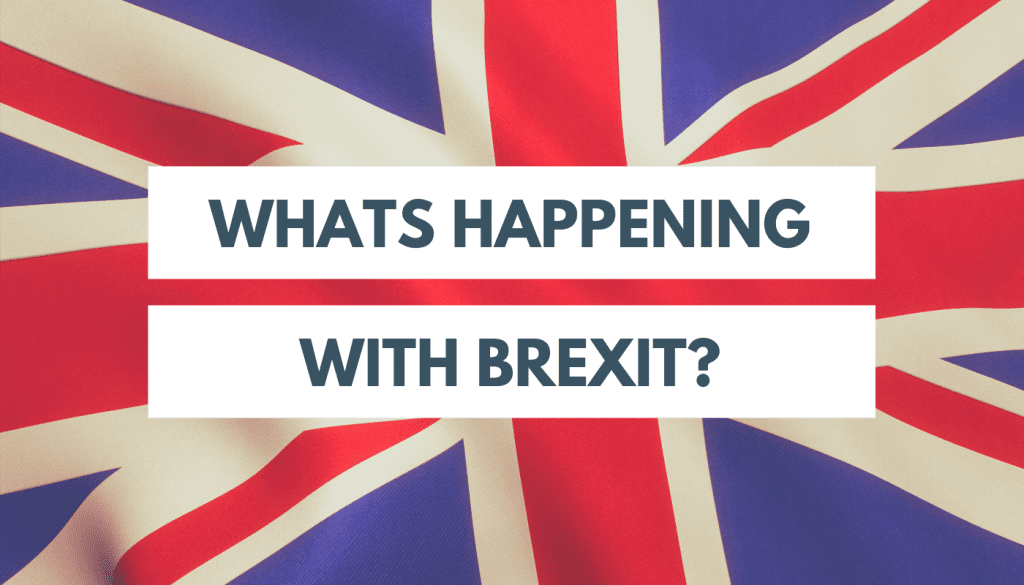
The UK Prime Minister, Boris Johnson, UK Chief negotiator David Frost and EU negotiator Michel Barnier continue to offer differing…
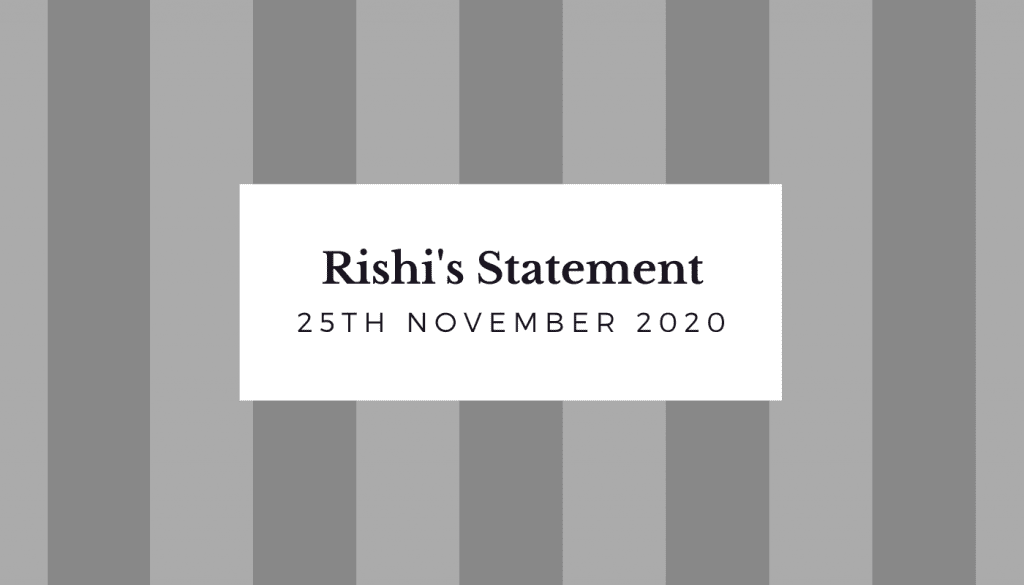
The Chancellor’s update to the House of Commons yesterday made pretty grim listening. It’s not going to surprise anyone to…
What are the new business support schemes for covid-19? Yesterday the government announced more support for businesses and the self-employed….
Last night the prime minister addressed the nation and announced a month long lockdown for England. Something we never considered…
The chancellor, Rishi, on Friday popped up with an announcement of more support for businesses in the next 6 months….
Yesterday the chancellor delivered his Winter Economy Plan to the nation. And whatever the colour of your politics this was…